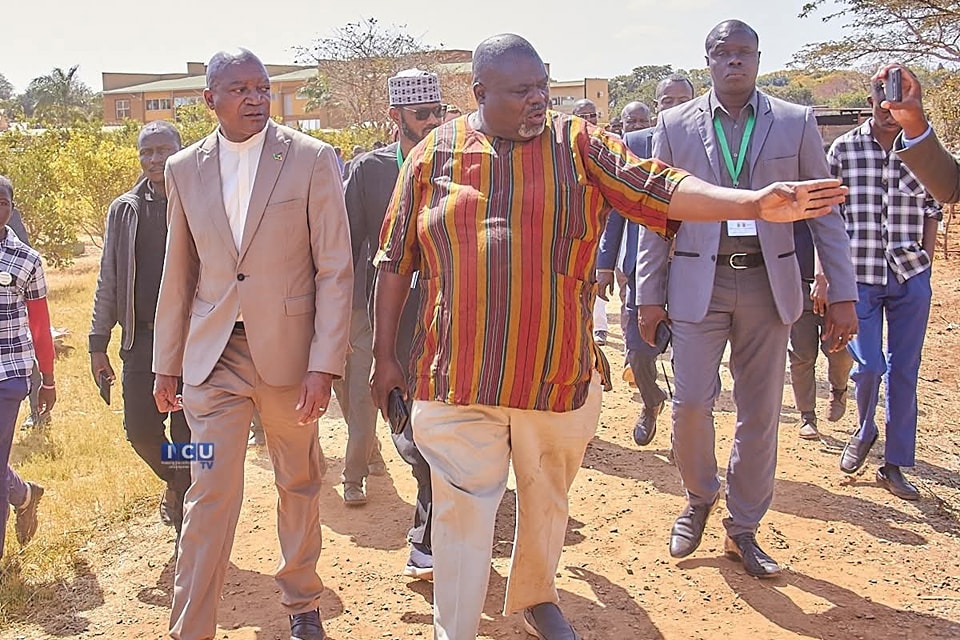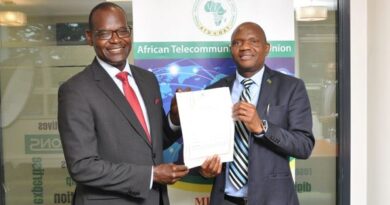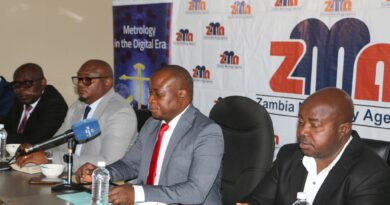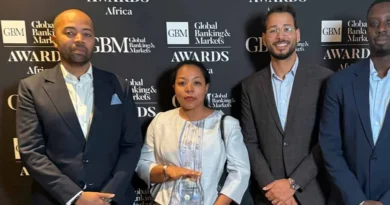STEM Takes Centre Stage as 2025 Knowledge Co-Creation Programme for Africa Concludes in Lusaka
The 2025 Knowledge Co-Creation Programme for Africa officially concluded at the National Science Centre in Lusaka with a resounding call for accelerated STEM-driven transformation across the continent.
Held under the theme “Enhancing Understanding and Development of a Learning Environment: Accelerating STEM Learning Competence in Africa,” the regional initiative brought together educators, policymakers, and experts from 18 African countries, representing cohorts 3, 4, and 5. The programme fostered knowledge exchange, collaboration, and capacity building in science, technology, engineering, and mathematics (STEM) education.
Officiating at the closing ceremony, Zambia’s Minister of Education, Honourable Douglas Syakalima, commended the programme’s alignment with Zambia’s competence-based curriculum. He noted that participants gained both theoretical insight and practical tools to improve learning outcomes and equip students with problem-solving skills relevant to real-world challenges.
Professor Benson Banda, the programme host, welcomed delegates and applauded their dedication throughout the intensive training sessions. “Your resilience, commitment, and desire to learn have been key to the success of this programme,” he said.
One of the programme highlights was an update from Crucible, an innovative institution currently hosting 28 fully sponsored students in Africa’s first future-focused training school. With plans to expand continent-wide, the school aims to empower African youth with cutting-edge skills for the digital age.
The Chief Representative of the Japan International Cooperation Agency (JICA) reaffirmed the agency’s continued commitment to advancing STEM education across Africa. He praised Zambia’s successful hosting of the training under the Third Country Training Programme (TCTP), emphasizing that JICA’s support stems not just from policy but from a strong belief in education’s transformative power.
Speaking on behalf of cohort 3 participants, Emmanuel Ockuage from Ghana described the experience as both “impactful and transformative.” He urged fellow participants to take the lessons learned beyond the training and use them to drive change in their respective countries.
The Knowledge Co-Creation Programme continues to strengthen regional cooperation and educational reform, with participating nations such as Lesotho, Uganda, Mozambique, Angola, Senegal, South Sudan, and Zimbabwe reaffirming their commitment to STEM as a critical pillar of national development.



